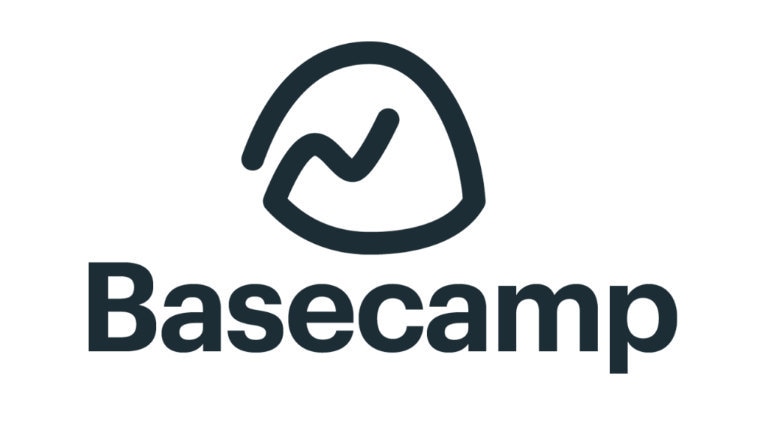Basecamp is a popular project management tool that has been embraced by many teams and organizations. It offers a range of features designed to streamline communication, collaboration, and task management. However, like any tool, Basecamp has its pros and cons. In this blog post, we'll explore the advantages and disadvantages of using Basecamp for project management.
Pros:
- User-friendly interface: Basecamp features a clean and intuitive interface that makes it easy for team members to navigate and use the platform effectively.
- Centralized communication: Basecamp provides a centralized hub for all project-related communication, including messages, comments, and file sharing. This helps to keep all team members on the same page and reduces the need for lengthy email threads.
- Task management: Basecamp allows users to create and assign tasks, set deadlines, and track progress. This helps to keep projects organized and ensures that everyone knows what they need to do.
- File sharing: Basecamp makes it easy to share files with team members, eliminating the need for email attachments. Also, it ensures that everyone has access to the latest version of each file.
- Calendar: Basecamp includes a calendar feature that allows users to schedule events and deadlines, making it easier to keep track of important dates.
- Integration: Basecamp integrates with other tools, including Google Docs, Dropbox, and Slack, making it easy to incorporate Basecamp into your existing workflow.
Cons:
- Limited customization: Some users may find Basecamp's lack of customization options limiting, especially compared to other project management tools on the market.
- Steep learning curve: While Basecamp is generally easy to use, some users may find that it takes time to fully understand all of its features and capabilities.
- Cost: Basecamp's pricing plans can be relatively expensive, especially for larger teams or organizations that require additional features.
- Limited reporting: Basecamp's reporting capabilities are somewhat limited compared to other project management tools This makes it difficult to generate detailed reports on project progress.
- Lack of Gantt charts: Basecamp does not offer Gantt chart functionality, which may be a drawback for teams that rely on Gantt charts for project planning and tracking.
- Limited integrations: While Basecamp does integrate with other tools, some users may find that it lacks integrations with their preferred tools or services.
Basecamp is a powerful project management tool that offers a range of features designed to streamline communication, collaboration, and task management. However, some drawbacks include limited customization options, a steep learning curve, and a relatively high cost. Overall, Basecamp is well-suited for teams and organizations looking for a user-friendly and centralized project management solution.
